Warehouse
Deadline
July 10, 2026
Judging
Date
July 27, 2026
Winners
Announced
August 12, 2026
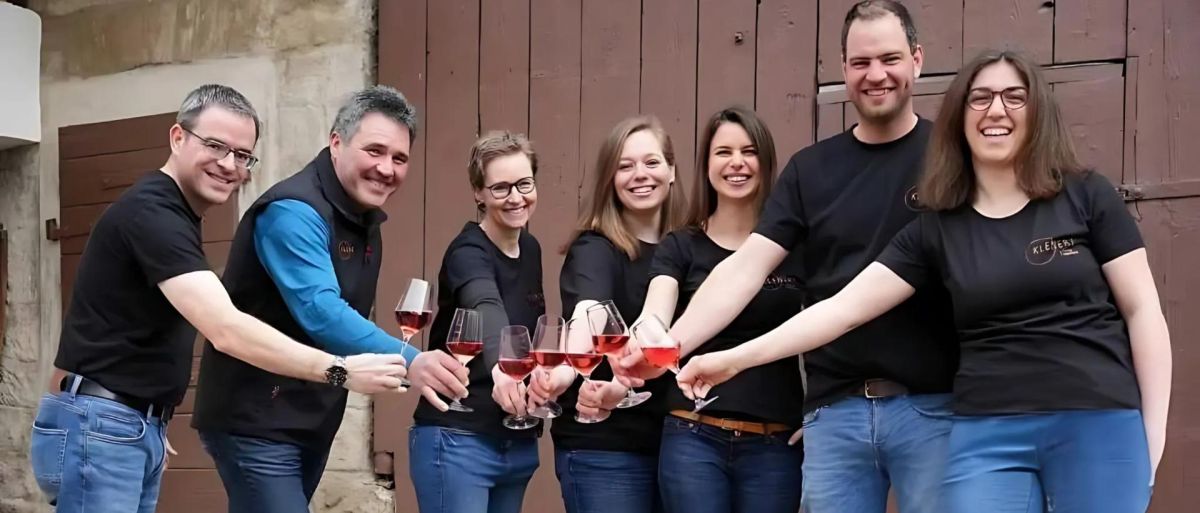
Klenert Winery has achieved a remarkable milestone by being named "Winery of the Year" at the prestigious 2024 USA Wine Ratings. This accolade not only honors the winery’s exceptional craftsmanship but also highlights its commitment to sustainability, organic practices, and the unique terroir of Kraichgau. Founded in 2015 by David Klenert, the winery has rapidly ascended to the forefront of the German wine scene, producing elegant and authentic wines that reflect the rich, loess-laden soils of the region. Focusing on traditional grape varieties and regenerative agriculture, Klenert’s innovative approach has captured the attention of wine lovers and critics alike.
We were all delighted to receive this fantastic award. For us it is a confirmation of our work in the vineyard and in the wine cellar as well as confirmation of what we have further developed and redeveloped in recent years (e.g. our specially developed vine training system).
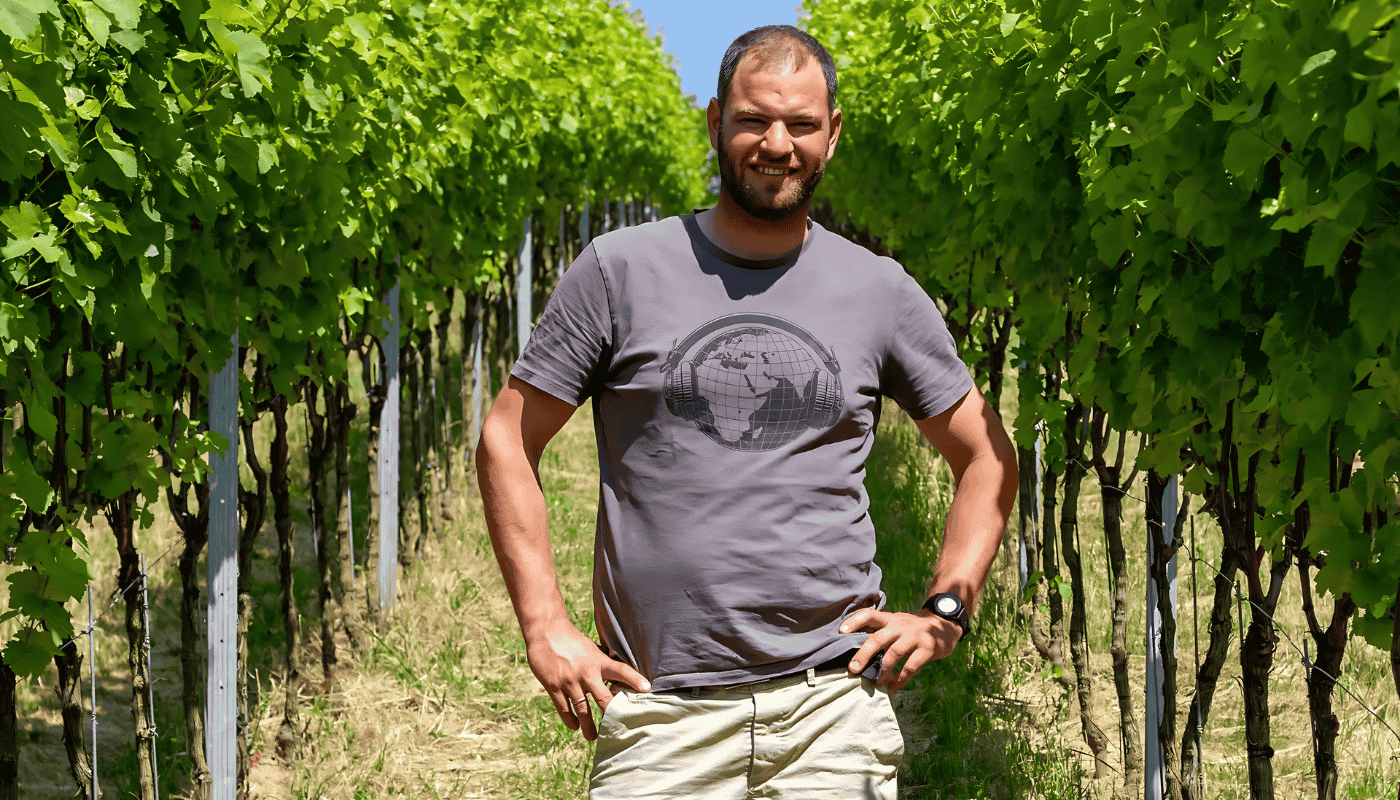
Image: David Klenert, founder of Klenert winery and winemaker.
We hope that this will help us to be “seen” and better recognized by international wine merchants/importers. We want to expand into several international markets, so an international award like this comes in very handy.
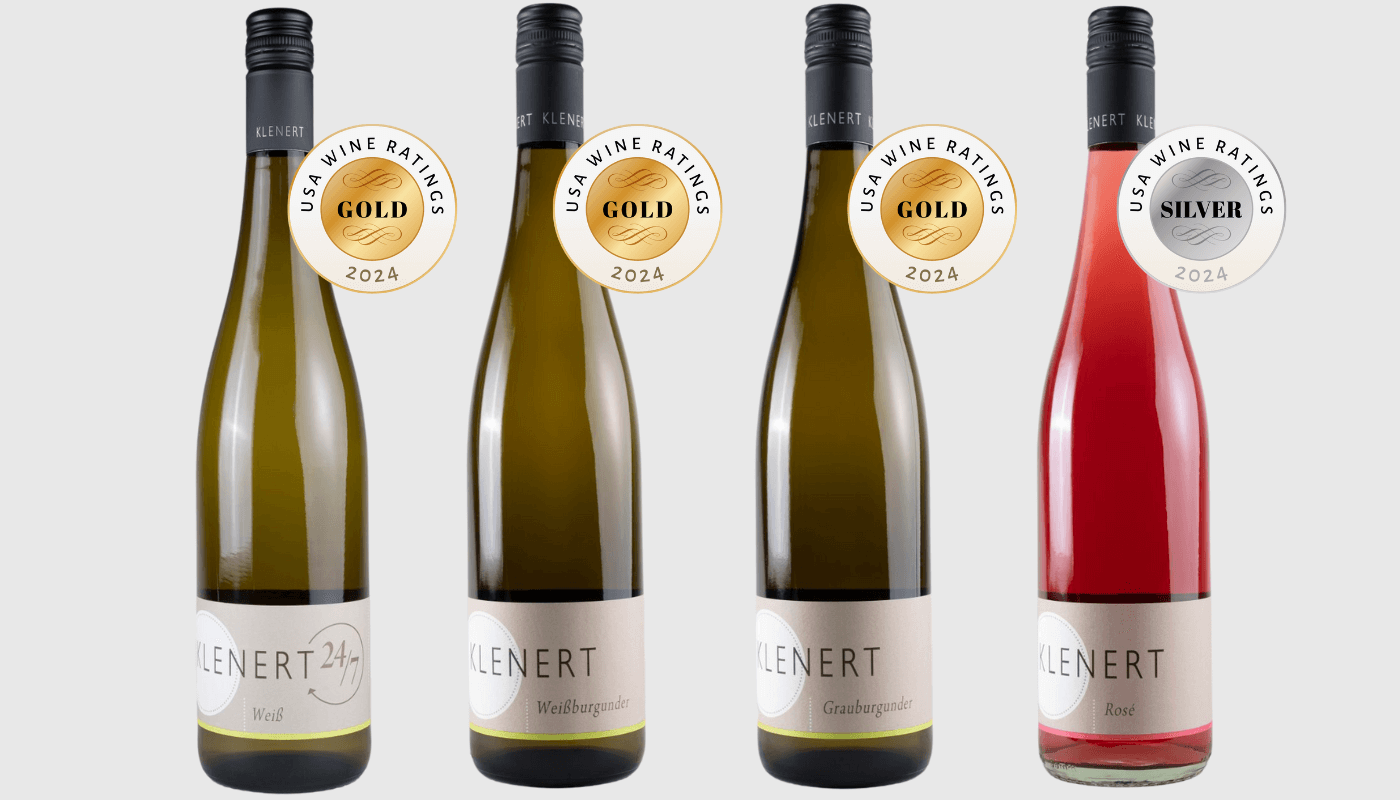
Image: Winners of USA Wine Rating 2024 - (L-R) Klenert 24/7 Weiß, Klenert Weißburgunder, Klenert Grauburgunder, Klenert Rosé.
We ferment all our wines with spontaneous yeast from our own vineyards. This gives us a unique type of wine for our terroir. But the wines are made in the vineyards. Balanced vigor, optimal humus, humus supply, and revitalized soils help to make the type of Kraichgau tasty.
Significant quantities of loess were blown out of the Upper Rhine Graben as silt during the Ice Age and deposited again in the Kraichgau. At up to 30 meters thick, the loess in the Kraichgau reaches its greatest thickness in Germany. The loess and the resulting fertile soils are the basis for the diverse branches of agriculture in our region. The biggest differences to other wine-growing regions are the mild climate and the loess loam soil, which is the ideal soil for Burgundy varieties in particular. The different, varying soils over a short distance (Keuper, sandy loam, clay loam,...) are a special feature of the Kraichgau. This makes it possible to cultivate different grape varieties.
The loess-loam soil provides the perfect soil/substrate for Burgundy wines such as Pinot Noir, Chardonnay, Pinot Blanc, Pinot Gris, and Auxerrois. The loess loam soil stores the heat of the day during the night and releases it to the vines. It is also good at storing water and releasing it during dry periods. The sufficient moisture and constant warmth - even at night - produce fruity, fresh wines with relatively low acidity -> enjoyable, light wines, smooth wines with appealing drinkability.
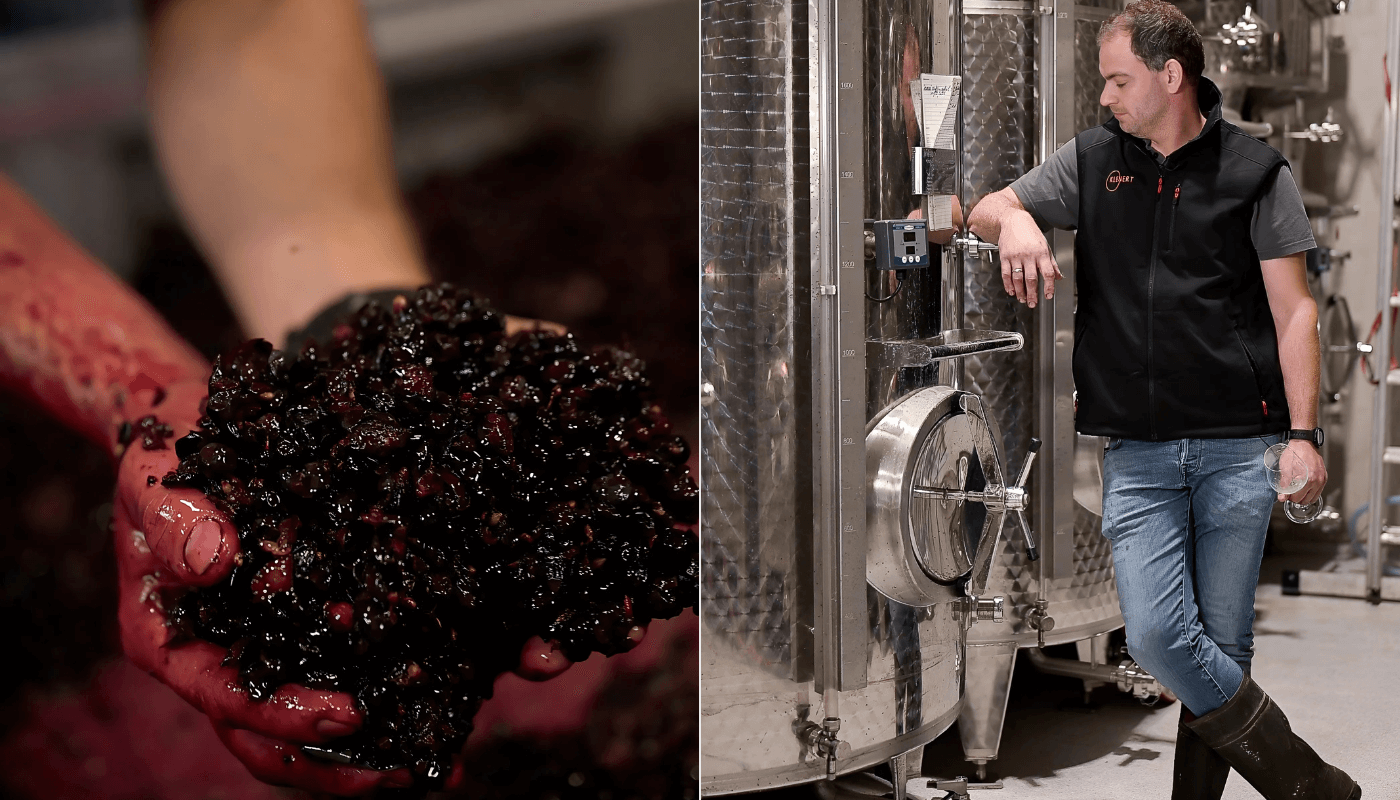
Image: Klenert Winery.
The different climates and traditions in winemaking have given me the opportunity to be able to understand when, how, and above all why a wine develops the way it does. So I have learned what is behind it and understand the function. This is a great advantage when you understand why you are doing something and can then implement it.
One technique, for example, is sheep grazing. We have sheep on part of our land that graze the vineyards throughout the year, which means we don‘t have to mow them. We do this in cooperation with a shepherd friend. As a result, he has fodder for his sheep for which he doesn‘t need any other land and we have mowed without using diesel.
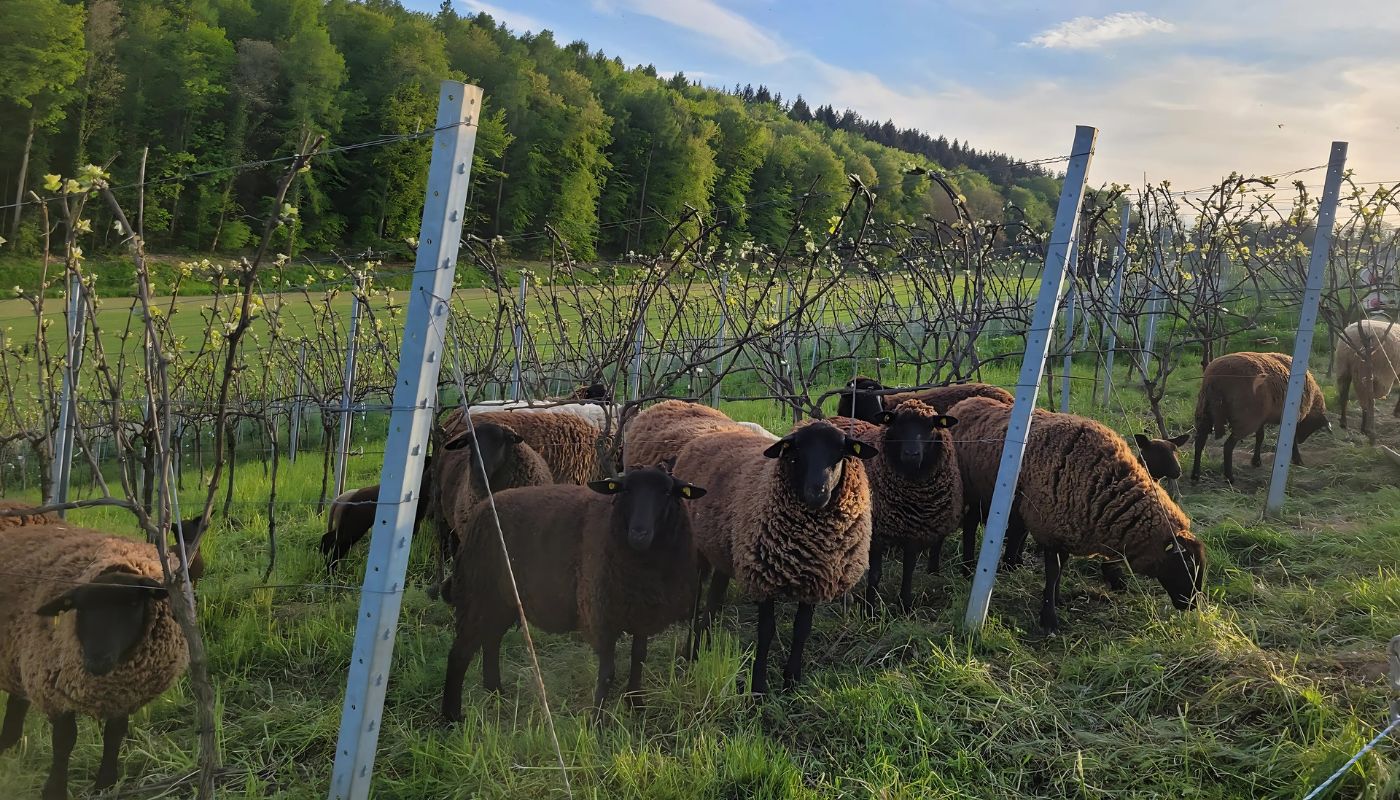
Image: The Jura sheep of the local Bioland sheep farm Scheeder graze between the vines.
We started in 2016 with the EU organic guidelines, and since 2018 we have also introduced regenerative agriculture with its practices such as surface rotting, compost tea use, and other things. Since 2023, we have been working with rinsing glass and reusing our cartons several times if possible. In the cellar, we have relied on natural processes from the very beginning, such as working with home-grown wild yeast, and mash fermentation to name a few.
Consumers are not very interested in organic claims. We take the sustainable approach out of conviction and also go beyond the organic guidelines and work with the different areas. Rinsing glass, multiple uses of cardboard, use of compost, compost tea spraying, diverse planting of greenery, and other things help us to save resources. In the vineyards, we therefore also have an enormous number of insects that can help us to ward off pests. I would say that our soils and our ecosystem have developed more than well thanks to the biodiversity in the vineyards. Healthy soils produce good, fruity wines and you can taste that in our wines.
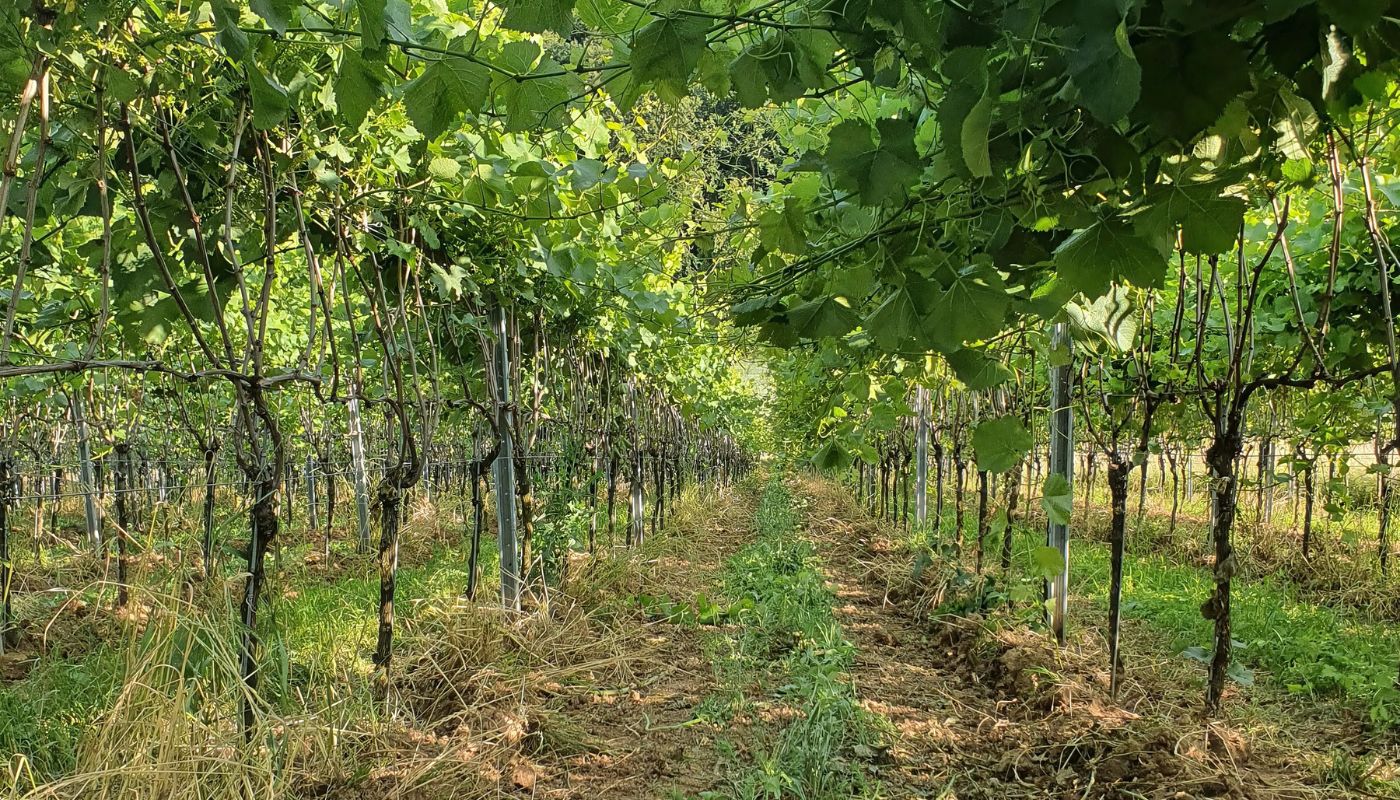
Image: Weingut Klenert; Klenert Winery has been Ecovin organic certified since the 2019 vintage.
Ecovin is an organic association and is in constant contact with all its members. Unfortunately, bureaucracy in the organic sector is making production increasingly uneconomical. In the future, we should keep a diary of which sheep graze our vineyards and when. We have now reached the limit. We already work better and more sustainably with our methods than the organic guidelines require (grazing, building up humus through compost tea and compost use, rinsing glass, taking back cardboard packaging, etc.), so we have explained to our customers in a detailed report why we are a better alternative to Ecovin or organic guidelines and why we will no longer use the EU organic logos with all their certification costs and bureaucratic hurdles from 2025.
The expansion of the so-called PIWI varieties (fungus-resistant grape varieties) is being driven forward even further; due to climate change with its increasing incidence of extreme weather conditions, the „old“ grape varieties are finding it increasingly difficult to combat the various fungal diseases; the“old grape varieties also do not cope as well with extreme heat and lack of water as some of the new PIWI varieties. We are already using the PIWI varieties in our cuvées (Wino Werde, 24/7 White).
We will continue to expand and develop our specially developed training system in the vineyard. This will enable us to adapt to climate change and increasing extremes. We also want to expand the grazed areas in the future.
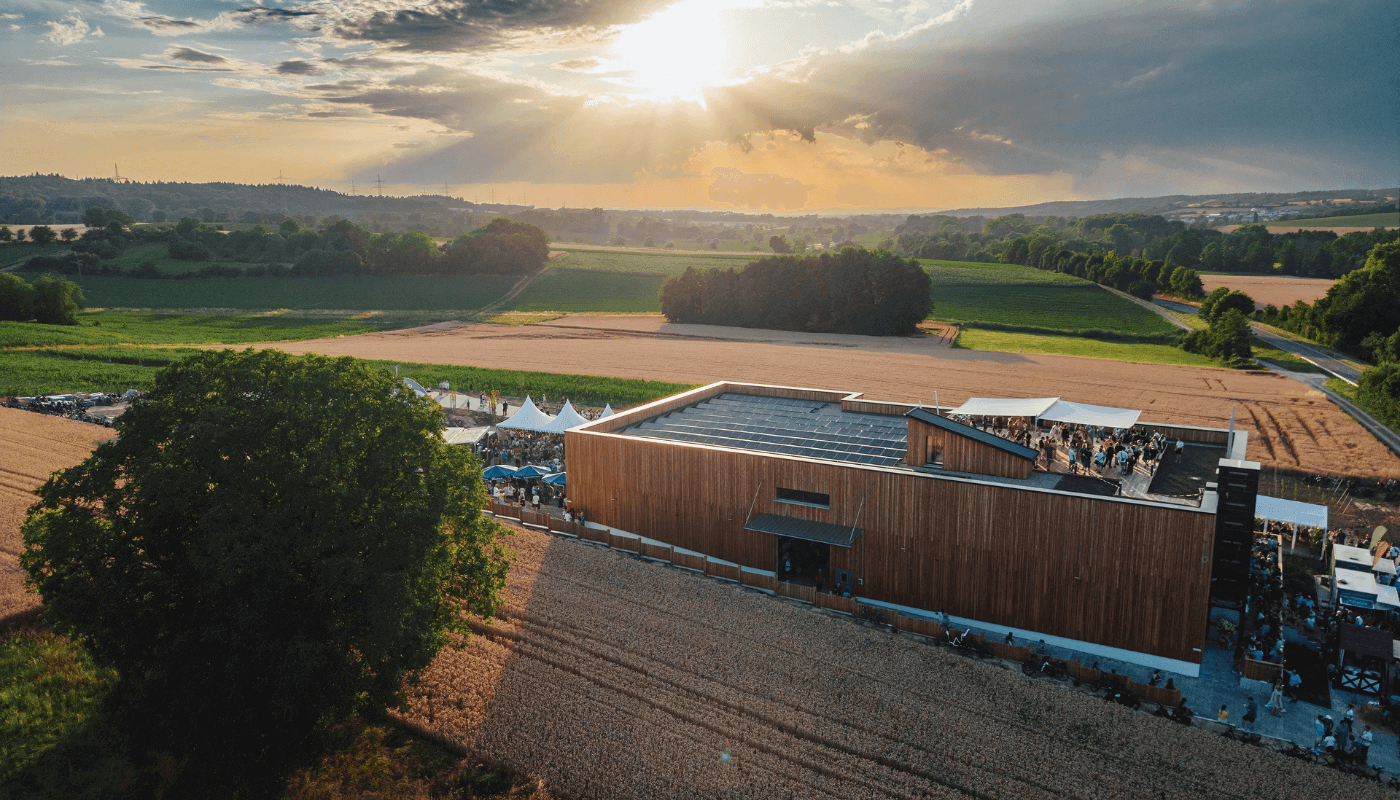
Image: Weingut Klenert Kraichtal-Münzesheim.
Market expansion will be an important point in the future. We want to expand and strengthen exports. In the Scandinavian countries (Norway, Sweden, Finland), but also in Europe (Poland, the Netherlands, Denmark), we are trying to find wine partners who would like to import our wines. By participating in the London Wine Competitions 2025, we would also like to become known in the United Kingdom and find importers. We are not yet represented on the US market and want to use the title we won to show that we are an interesting winery for importers. The US market is an important and desirable market for us in the future.
As Klenert Winery celebrates its "Winery of the Year" title, the future looks bright for this trailblazing estate. With continued dedication to sustainability, biodiversity, and innovation, David Klenert and his team are poised to expand their international presence while staying true to their Kraichgau roots. This award not only marks a moment of recognition but also sets the stage for Klenert Winery’s continued success, as they aim to share their distinctive wines with a global audience.
In conversation with Malvika Patel, Editor and VP, Beverage Trade Network
Also Read:
Best Wine in the World as per USA Wine Ratings
Best White Wine in the World as per USA Wine Ratings
USA’s Top 10 Wines to Add to Your Portfolio
Grow your wines in the off-premise channels of the USA. The Early Bird submission deadline is February 20, 2026, and the domestic submission deadline is June 30, 2026. Here is how to enter.